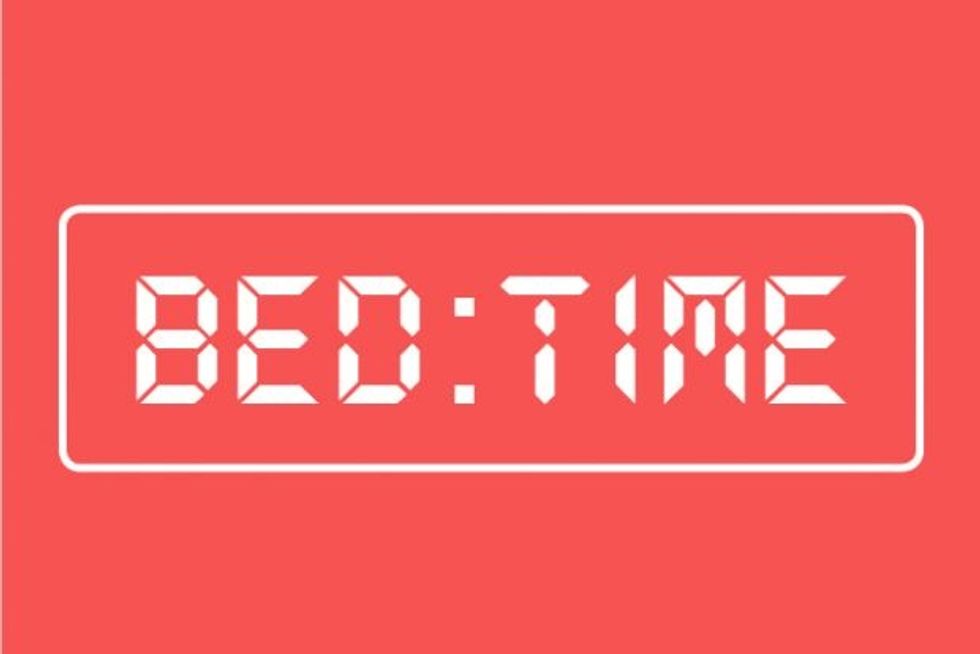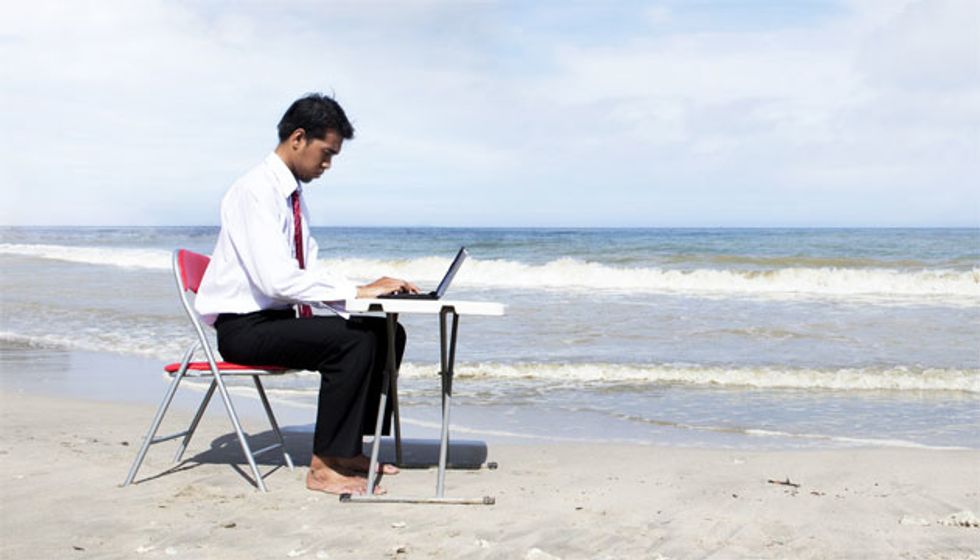Beaches, tanning, sun, warmth, road trips, unforgettable vacation trips; these are just some of the few examples that come to mind when the summer season is approaching. Taking time off from school to get back in shape, or self-evolve, or taking the time to just relax a little bit is ultimately a wonderful part of life. Especially after long semesters, loads of work, grilling teachers, and traumatic finals; it's nice to be guaranteed a few months of freedom. However, as years go by and the reality of having to work in the real word approaches more and more; working a summer job or interning at your future career place is a smart move for you to make. But like everything in life, there will be pros and cons; below is a list of a few pros and cons of working during the summer time as an undergraduate college student.
Pros:
1. Gaining experience in your field.
As a college undergrad, one of the best things to do is get experience in the field you want to work in for the rest of your life, ahead of time. Choosing to work in the summer allows you to make your shadowing/internship/job your top priority. This is important because as you spend hours learning about your future field of work, you will not be distracted, worried, or even anxious about assignments you have due or exams you have to study for.
Getting some experience in your field of work, prior to the contract signing day, is essential for being ahead of the game. For starters your resume will become more appealing, hirers are always looking for people with experience so the more you have- the better! Next, it's a great opportunity to impress your potential-future-lifelong boss and coworkers, showing off on your knowledge and proving your competency is always a good thing (but, of course, try not to come off as arrogant or "too cocky"). It's also a good opportunity for you to learn about things you can't read about in a textbook (hands-on work tends to be more effective).
2. The ability to network.
Networking in the real world is one of the most important things for success. Knowing people just makes things you want to happen easier. Plus, it's the summertime, people tend to loosen up. Take this chance to get to know your coworkers, your boss, and quite frankly anyone else who seems important- it could really come in handy.

3. Getting a salary!
College is expensive and frankly, the world is too. Nothing gets easier from here on out so having that savings account being filled during the summer, paying for unpaid student loans, or paying some bills, etc.- it's definitely rewarding and fulfilling.
4. Waking up early.
I know what your thinking- how is waking up early a pro? Well waking up early, in general, is actually extremely beneficial for the start of your day. Since most jobs begin at early hours like 8 a.m. or 9 a.m., you have no choice but to ignore the feeling of procrastination and battle through a productive day. Have you ever stopped to think about how much work or how many errands you complete in the morning when you wake up at around 6 a.m. or 7 a.m. in comparison to 11 a.m. or noon? Think about it.
Cons:
1. Having to adapt to an earlier bedtime.
Late night movies, late night conversations, late night cuddling, or whatever you do late at night needs to all be done at an earlier time. Obviously, if you are waking up early and spending 4-8 hours at the job, sleep is going to become imperative. Going to bed late will become completely detrimental not only for your health but your performance at work will deteriorate- you won't be able to think as fast, you won't retain as much information, and you probably won't want to really be there because your mind will be daydreaming about your bed.

2. Having absolutely no free time.
I shouldn't say there isn't any free time because that isn't true, (unless you have tons of stuff going on along with the job) but it's safe to say that "free time": where you can consciously put your feet up on the couch and watch Netflix all afternoon, that will have to be saved for the weekends.
3. Enduring very long hours.
Long hours of anything is difficult to maintain consistently. Therefore working during the summer, which is considered your "free time" is tiring, to say the least.
4. Missing out on plans with friends.
This one is simple: while your friends are out tanning on the beach or pool on the beautiful, sunny, summer day, you are most likely in a suit, inside an office, missing out on piña coladas or tasty popsicles.
Summertime shouldn't be wasted by lying in your bed watching Netflix shows all day. People all over the world are competing to get recognized and fighting for jobs. If you have the chance to work in your field as an undergrad, take it and make the most out of it. Focus on the pros, it will outweigh the cons eventually.



























